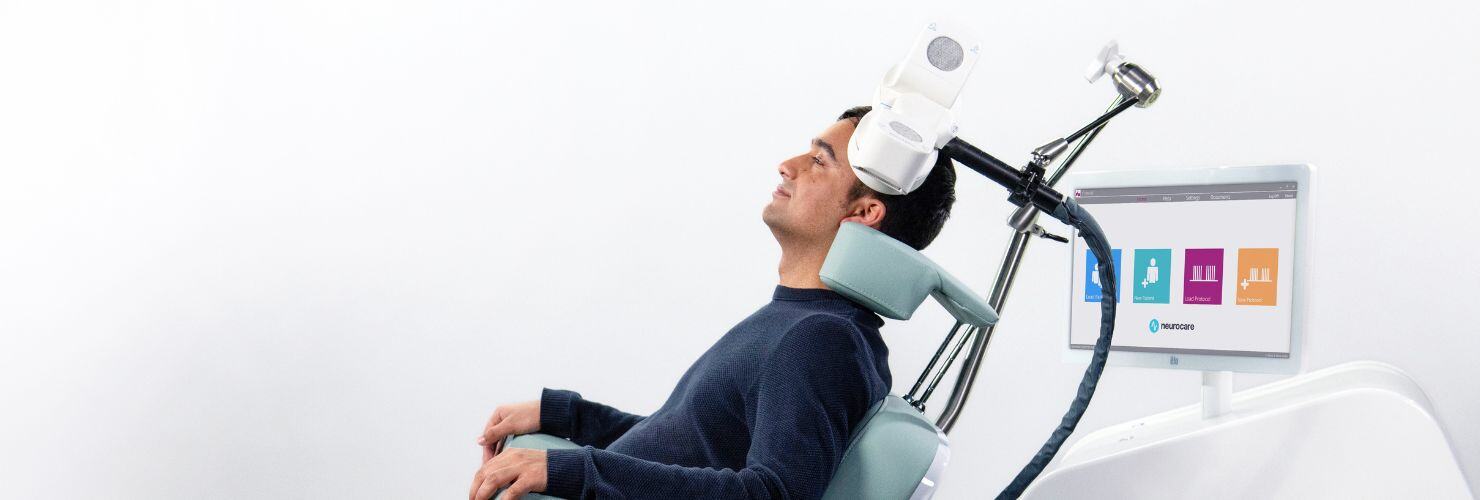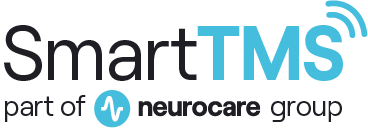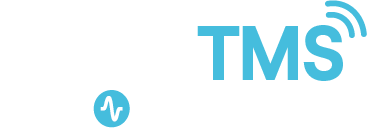Treating OCD with TMS - the evidence
Can transcranial magnetic stimulation treat obsessive compulsive disorder? Yes, it can help reduce the symptoms and behaviours associated with OCD.

What are the NICE guidelines for treating OCD?
At Smart TMS, we advise that all OCD patients follow the NICE treatment guidelines. Start with psychological treatment, specifically CBT with exposure and response prevention (ERP), guided by a skilled therapist. If psychological treatment alone isn't effective, we recommend combining it with an SSRI medication (such as Fluvoxamine, Paroxetine, Sertraline, or Citalopram). If the standard SSRI dose doesn't work, consider increasing it. If one SSRI doesn't help, Clomipramine (a tricyclic antidepressant) should be tried next.
If the current treatment isn't working, a Consultant Psychiatrist can explore other options. This may involve adding an antipsychotic to an SSRI or Clomipramine, or combining Clomipramine with Citalopram. If Clomipramine at the standard dose isn't effective, increasing the dose might be necessary.
Approximately 40% of OCD patients do not respond to the treatments mentioned above.
How does Transcranial Magnetic Stimulation work?
TMS uses a magnetic field to stimulate brain cells, altering their activity in the brain's cortex. When applied at a low frequency for OCD treatment, it reduces brain cell activity without serious side effects. Some patients might feel a brief headache or mild discomfort at the treatment site. If TMS is effective, results are typically noticeable within five sessions.
What is the evidence for the treatment of OCD with TMS?
In 2017, Zhou reviewed 20 studies involving 791 patients and found that TMS significantly improved OCD symptoms compared to a placebo. In 2018, Arns reported that TMS could lead to remission in about 30% of OCD patients and significant improvement in 55% who did not respond to medication and therapy.
What are the treatment results at Smart TMS?
At Smart TMS, we analysed data from 103 patients treated for OCD. Our findings show that 30% of these patients experienced at least a 35% reduction in their symptoms. Additionally, 28% of patients achieved remission, meaning they no longer met the criteria for an OCD diagnosis.
Is improvement in OCD with TMS likely to be sustained?
In 2012, Gomes demonstrated that TMS benefits last for at least 14 weeks. While long-term studies are not yet available, Smart TMS has observed that full recovery can be maintained with periodic top-ups. We offer personalised relapse-prevention and maintenance programs.
Circadian Sleep Disturbance and TMS treatment for OCD:
In 2017, Donse found that OCD patients who struggle to fall asleep at night and oversleep in the morning may not respond well to TMS. We advise these patients to consult their doctor about addressing this sleep issue before starting TMS. We offer a help sheet on managing sleep disorders.
Conclusions and recommendations:
Consider TMS only if the treatment recommended by NICE hasn't worked. For patients with OCD who don't respond to traditional treatments, deciding to try TMS is a personal choice, guided by the information provided above.

Dr Leigh A Neal MB BCh FRCPsych MRCGP MD
Consultant in Psychiatry and Neuromodulation
Medical Director: Smart TMS
Contact our team about TMS treatment
Not sure if TMS is right for you?






